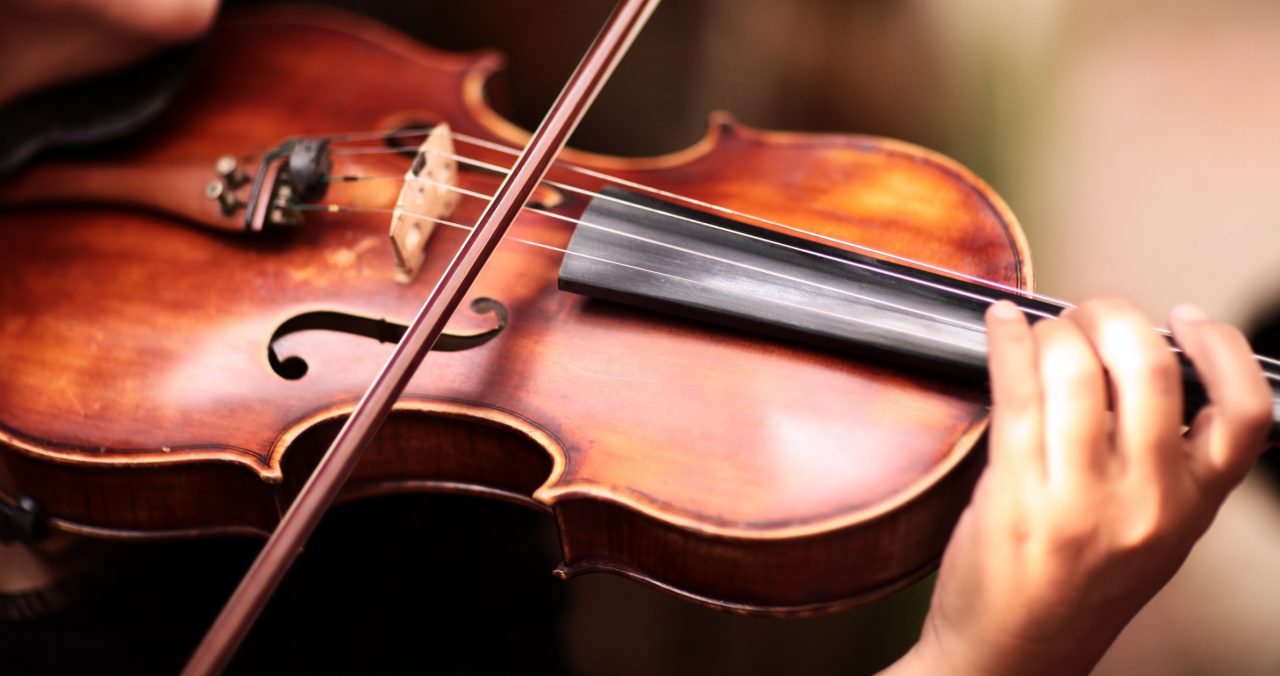Children taking up an instrument is linked to improved thinking in later life, research has said.
A fresh study backs up earlier findings which reveal people who had played a musical instrument most of their lives did slightly better in tests of their cognitive ability than those who had not.
The study was conducted by teams from the University of Edinburgh and Edinburgh Napier University.
The link is seen even when other factors are taken into account, such as subjects’ health, the number of years they spent in education and their childhood cognitive abilities, the researchers said.
The supporting study comes after the University of Edinburgh produced a paper last year suggesting a link between playing an instrument and better cognitive skills in old age.
Out of the 420 participants in the latest study, 167 had some experience of playing a musical instrument, mostly during their childhood or teenage years.
Those who had experience playing an instrument had a small but detectable association with better performance in tests of processing speed and visuospatial reasoning.
Researchers said the results do not prove that musical training enhances cognitive skills, since unexplored factors might have contributed to the findings.
They said the results do, however, clearly show playing a musical instrument might contribute to staying sharper in later life.
Dr Judith Okely of Edinburgh Napier University said: “We see these results as an exciting starting point for further investigation into how musical experience from across the life course might contribute to healthy ageing.”
Study participants were part of the Lothian Birth Cohort 1936 – a group of people from the Edinburgh and Lothian areas, born in 1936, who took part in the Scottish Mental Survey of 1947.
The group have been tested on a number of physical and mental functions as they grow older, including regular resitting of standardised cognitive ability tests.
The study, funded by Age UK and the Economic and Social Research Council, is published in the journal Psychology and Aging and was a collaboration between researchers in the fields of psychology and music.
They are now planning further studies exploring other aspects of ageing such as wellbeing and would like to hear from people with a wide range of musical experiences, including informal music listening, singing, dancing, performing and/or teaching.
Anyone over 18 can volunteer to join a new database to contribute to future studies. The researchers are particularly interested in hearing from people who have retired.
Professor Katie Overy of the University of Edinburgh said: “Music can be such a joyful and enriching experience at all ages, regardless of expertise or musical genre.
“We are keen to investigate musical experience further, including music listening and singing, and we look forward to developing the new volunteer database.”
To sign up to the new Music Research Volunteer Database go to https://napier-music.sona-systems.com.
Follow STV News on WhatsApp
Scan the QR code on your mobile device for all the latest news from around the country



























